In Samoa (and in the rest of the South Pacific) Hawaii is not considered part of the United States. Of course they know that it is politically, but in ordinary conversation they are mutually exclusive. So I say that I’m from Hawaii and not from America (Amelika is the word for USA). It makes sense when one thinks about it. Hawaii was part of their culture and civilization long before it was part of our country. Hawaii’s culture is still very different from most of the U S of course. I think that one of the reasons that people enjoy vacationing there so much is that it’s “exotic” and feels like a foreign country in many ways, but has the benefit of being part of the U S.
All of the islands of Samoa put together (1,133 square miles) are about one-fourth of the size of the Big Island of Hawaii. The island that I live on here, Upolu, is roughly 50 miles long and 15 miles wide (about the same shape as the island of Molokai, which is about 30 miles long and about 6 miles wide).
The other major island, Savai’i, is also called the Big Island (I haven’t been there yet, but I’ll definitely go there). Samoans are convinced that Hawai’i is named for Savai’i, but historically everything I’ve read contradicts that. The Hawaiians came from the Marquesas between 300 and 1,000 CE with some later migrations from Tahiti. Samoa was settled about 3,000 years ago as part of the Polynesian migrations that began in Asia and continued throughout the Pacific. Polynesia is the term used for Pacific Islanders with similar ethnic and linguistic characteristics and close affinities to Malay people.
Samoa and Hawai’i are much alike in food, language, plants, and even the physical characteristics and society of the people. Someone in Hawai’i told me before I left to come here, that Samoa was like Hawai’i in the 1920’s or 30’s. That’s probably pretty close. Except for some of the modern conveniences like the internet, cell phones, and television.
Those same modern culture influences are some of the things challenging the country of Samoa today. The culture is still very religious, conservative, and modest. It’s difficult, especially for parents and teachers, when the children are exposed to American TV and movies, and god-knows-what on the internet. It’s not unlike some of the complaints that Islamic people have about Western countries. Religion here is kind of like that of Islamic nations. Not the theology of course, but the pervasiveness of it. It is not something that people do. It is who they are. It isn’t a place they go on Sundays, but an integral part of life everyday. Every public event includes a prayer to Atua (God). Nearly every article in the newspaper references Atua, even on the sport‘s pages. Everyday conversation and every meeting of any kind includes Atua. To eat a meal anywhere without saying “grace” is unthinkable. The country’s motto is “Samoa is founded on God.” And it clearly is. The missionaries who came in 1830 would be very pleased to know how successful they were.
Subscribe to:
Post Comments (Atom)
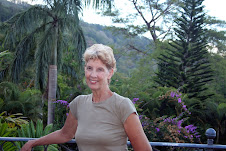
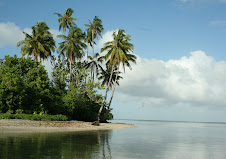


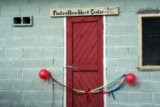

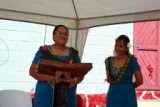
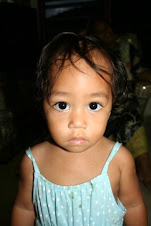
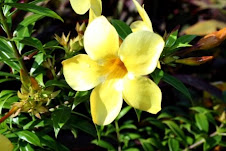
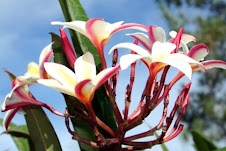


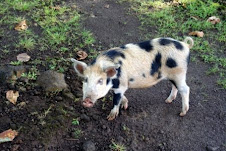

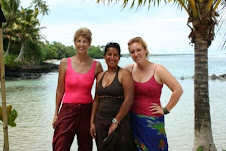

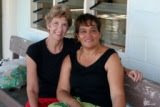

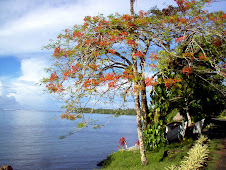
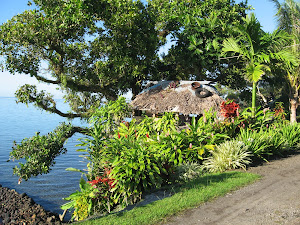
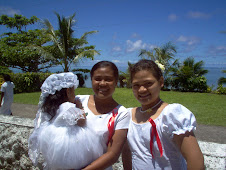
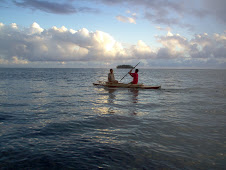

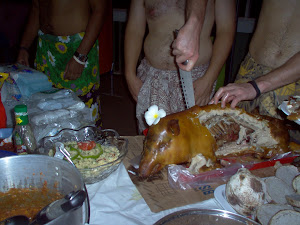
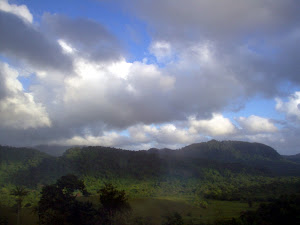
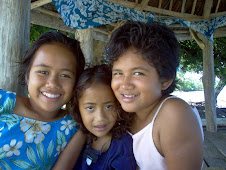.jpg)
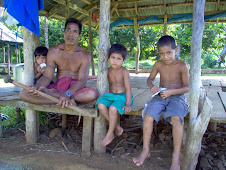



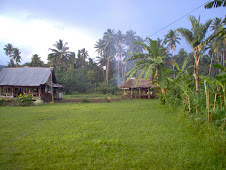


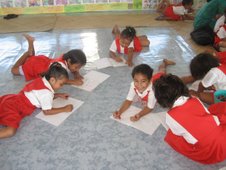
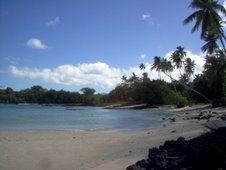
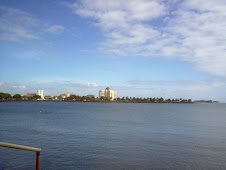

No comments:
Post a Comment